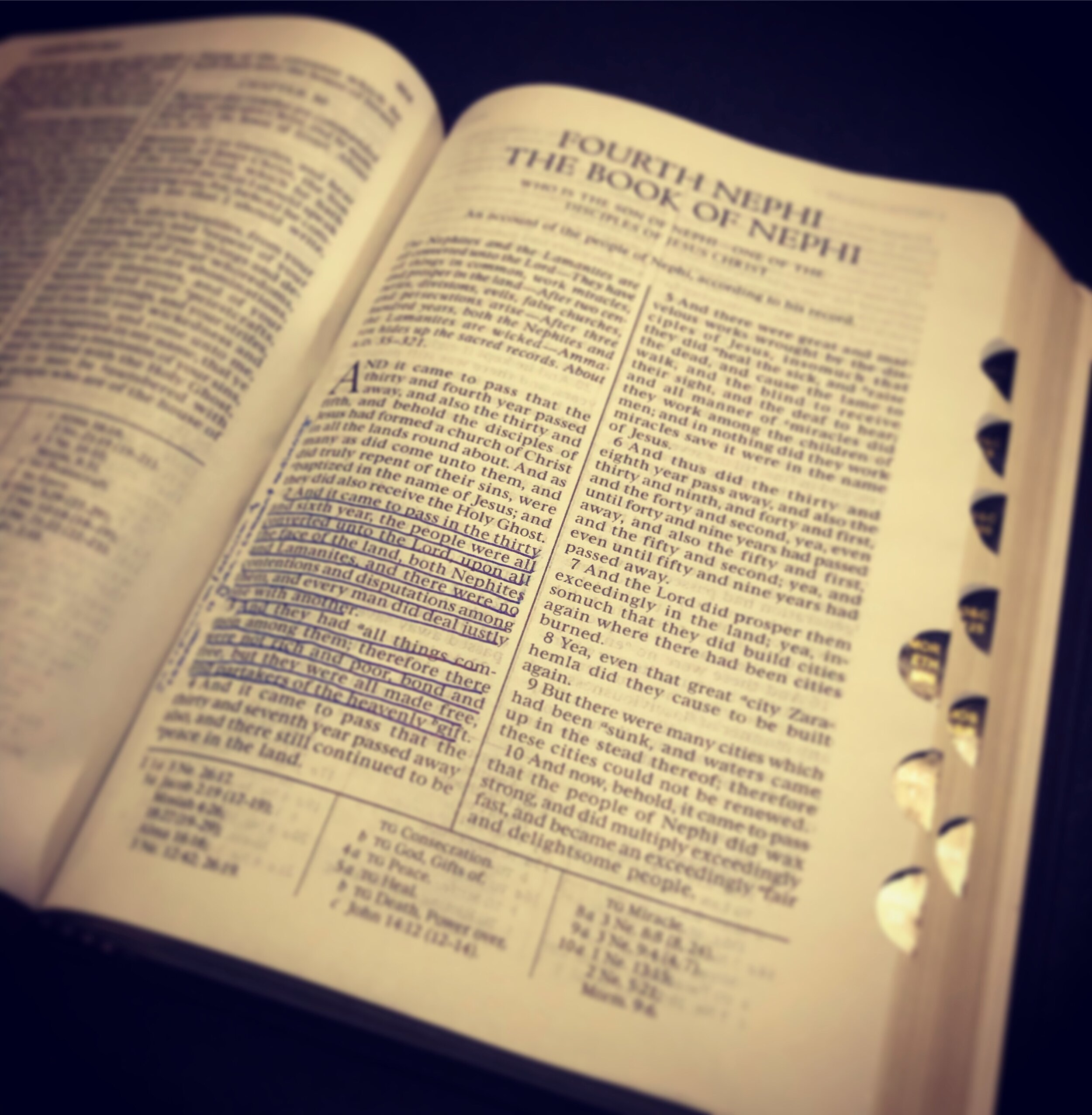Adam McLain
Adam McLain is a PhD candidate in the department of English at the University of Connecticut and a JD candidate at UConn Law. He researches and writes on dystopian literature, legal theory, and sexual justice. He has a BA in English, editing, and women’s studies from Brigham Young University, a master of theological studies, emphasizing in women, gender, sexuality, and religion, from Harvard University, and a MA in English from the University of Connecticut.

Of Well-meaning Words: The Trial of Homosexuality
I recently read a well-meaning post that discussed the need to love LGBTQ+ people. In the post, the person, a believing and practicing member of the Church of Jesus Christ of Latter-day Saints, a church filled with many loving people, stated that although they didn’t understand why God gave the trial of homosexuality to people, God still wanted people to love them.

Five Ways Toward Latter-day Saint Inclusivity
Yesterday, I published a long Twitter thread in which I was very critical of Latter-day Saint leaders, specifically a member of the Seventy and an Apostle. I believe that we sustain leadership by being critical of them; it is how we help them stay honest and true to their great responsibilities.

In My Queer Time and Place — Some Reflections on Religion, Sexuality, and Temporality on My Birthday
As I enter my late twenties, I'm reflecting on time and place—specifically my own time and my own place. When you're raised in a hegemonic religion that articulates there is only a "strait and narrow" way to joy and happiness, you hold within you a lot of anxiety about where you are in mortal time (following the commandments? living the gospel? being a good disciple of Jesus Christ?) and earthly place (going to the temple? standing in holy places? attending church weekly?).

The Joy of Unity: 1 Thessalonians 3:9–10, 12
Tonight, I’m reading 1 Thessalonians for my Introduction tothe New Testament course. As we read through the New Testament as a class, we’refocusing on two angles: first, the historical-critical view of the text, meaning its historical context among early “Christianity”; second, a “minority” criticism, where we return to the text by looking at it through minority viewpoints (something akin to viewing a text through multiple lenses).

Essaying; or, Why I Blog
To Think
Writing is a spiritual experience. It is a movement toward greater understanding of myself and the world around me. It is a journey toward apotheosis as I come to know my humanity better through the words I write. I write because it allows me to ruminate on a subject, not coming to a definitive conclusion, but rather opening the door to understanding, even in just a little way, the simple complexity and complex simplicity of the universe that surrounds us.
To Share
Writing is a communal experience. It is meant to communicate thoughts across words in order to form other thoughts in other beings. Those thoughts do not come perfectly thought-for-thought, word-for-word, but in their imperfection, there is a connection, a community that is formed between you and me. A joining. A unity.
To Experience
Writing is an experience. Taking the time to consider something and then to write about it allows one to experience and re-experience an event, a moment, a text.


